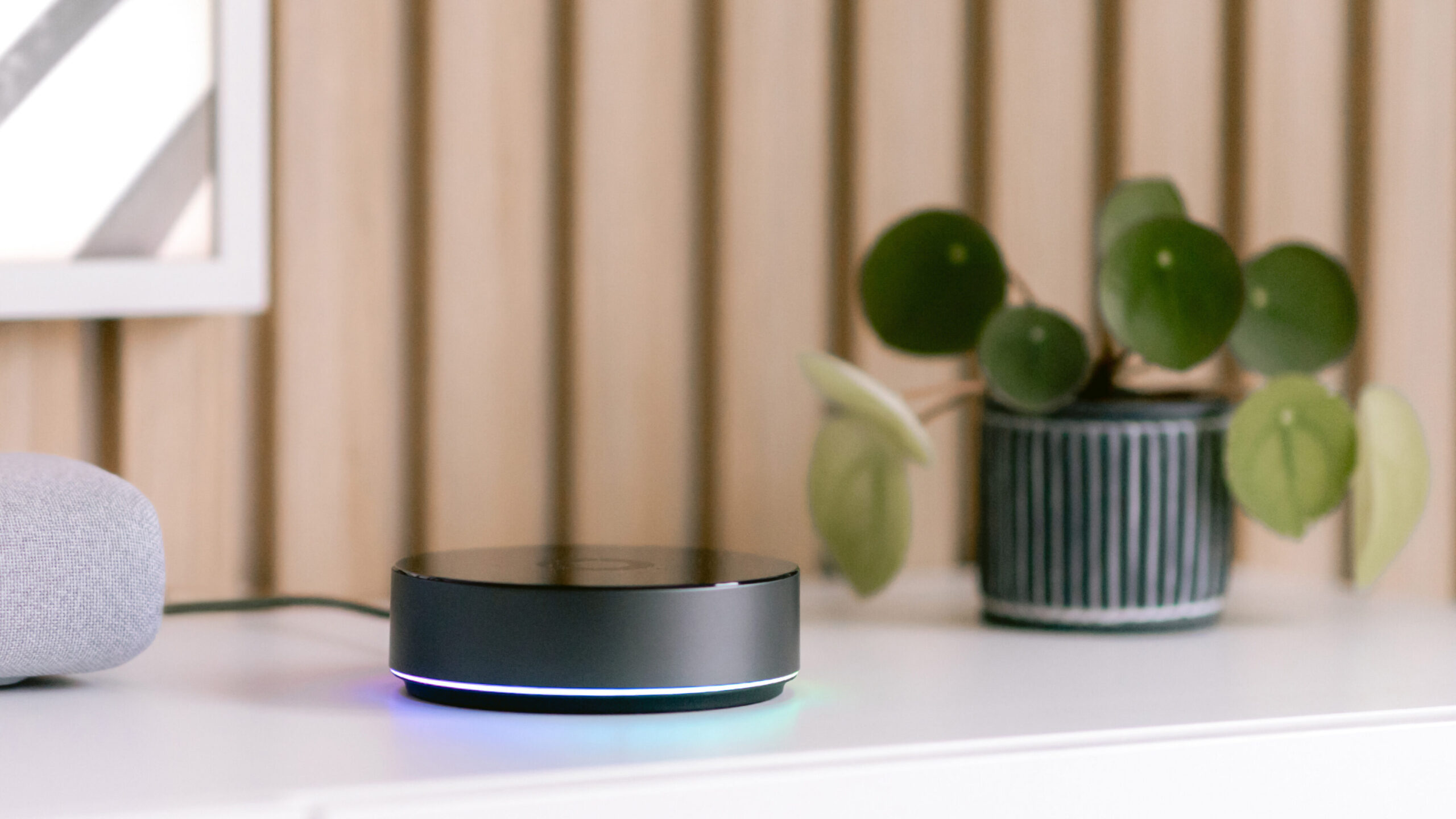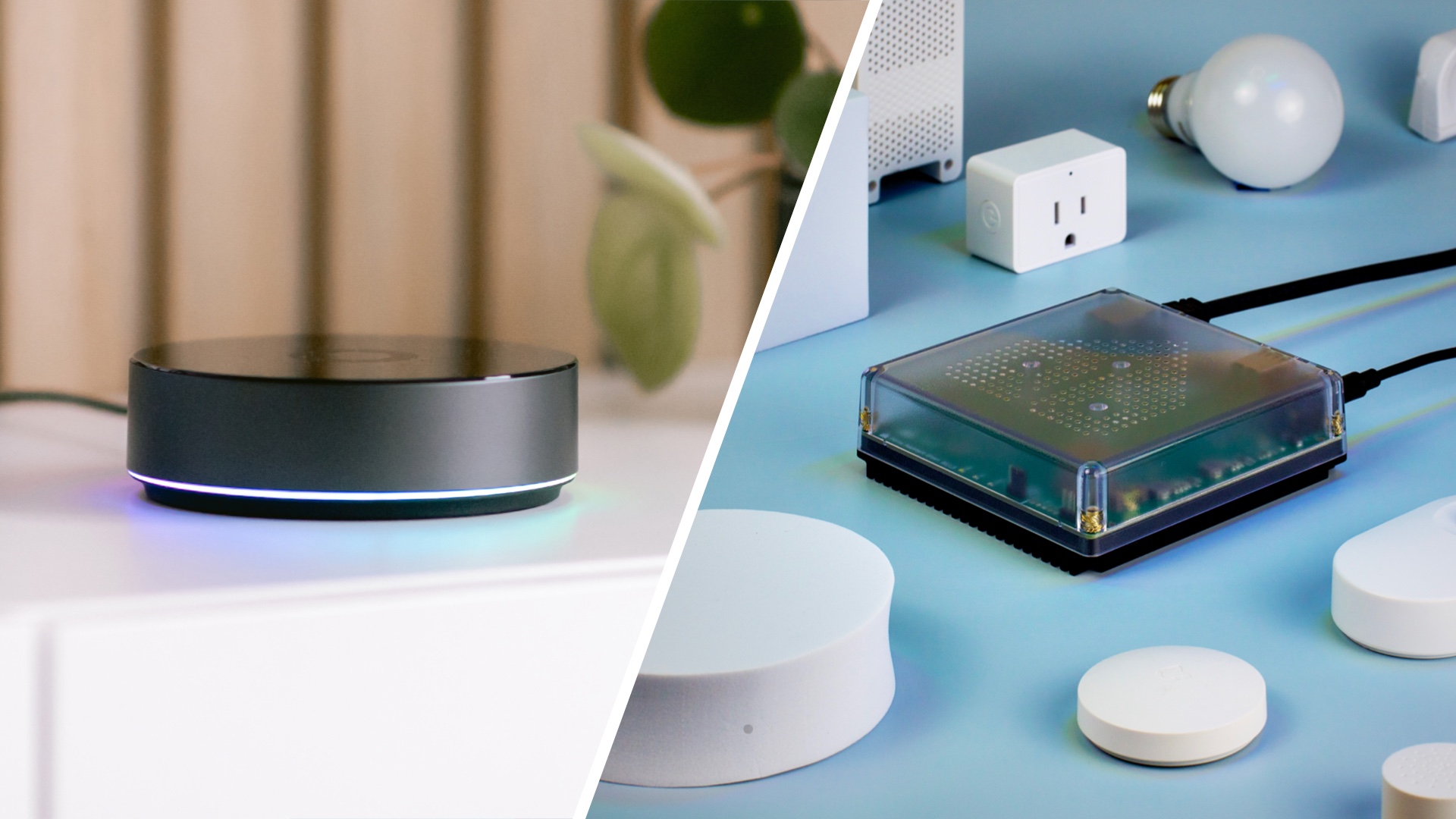Smart Homes Made Simple: Living Smarter in the Digital Age
What Is a Smart Home?
A smart home is every tech-lover’s dream come true, a house that uses modern technology to automate and control home devices through an internet connection. This means you can manage things like lighting, room temperature, security systems, and more with just your smartphone or voice commands. How cool is that?
Whether you’re in bed, at work, or halfway across the world, smart homes give you full control over your space with just a tap or a shout,t thanks to assistants like Alexa, Google Assistant, or Siri.
How Smart Homey Works

At the heart of it, a smart home works by connecting your devices to the internet, so they can “talk” to each other and you. Here’s a quick breakdown of what makes it all tick:
-
Sensors: These detect environmental changes like motion, temperature, or humidity.
-
Actuators: These are the “doers.”They act based on signals from sensors (turn on lights, adjust thermostat, etc.).
-
Controller: This is the brain, usually an app or smart hub, that helps manage everything.
-
Internet Connection: This links everything together and lets you control your home remotely.
With these components working together, your home can react automatically to certain conditions like turning on the lights when it senses you walking into the room at night or adjusting the air conditioner when it gets too warm.
Why Smart Homes Are a Game Changer
There are plenty of reasons people are making the switch to smart living. Here are some of the top benefits:
-
Comfort: Control your lights, music, temperature, and more with your phone or voice ande no more getting up from the couch!
-
Energy Efficiency: Smart devices run only when needed, helping you save on electricity bills.
-
Security: Smart cameras, motion sensors, and alarms help you monitor your home in real-time and alert you to any suspicious activity.
-
Accessibility: Great for people with mobility challenges control everything without having to move around the house.
Challenges with Smart Homes
Of course, like any great tech, smart homes come with a few hiccups:
-
Data Security: Anything connected to the internet is potentially hackable. Strong security and regular updates are a must.
-
Compatibility Issues: Devices from different brands don’t always play nicely together. That’s slowly changing, but it’s still a thing.
-
Initial Cost: Smart devices and installation can be pricey upfront, though they often save money in the long run.
The Future of Smart Homes
Smart homes are only going to get smarter. With new standards like Matter, compatibility between devices is improving. Plus, artificial intelligence (AI) is making homes more adaptive by learning your habits and preferences to create a personalized living experience.
Imagine your home preheating the oven when you’re on your way back from work or dimming the lights and playing your favorite playlist when it’s time to relax. That’s not sci-fi anymore it’s happening.
Final Thoughts
Smart homes aren’t just about gadgets, they’re about living better. Whether it’s simplifying daily routines, boosting security, or just making life a little more convenient, smart home technology is here to stay and evolve.
So… are you ready to make your home a little smarter?





